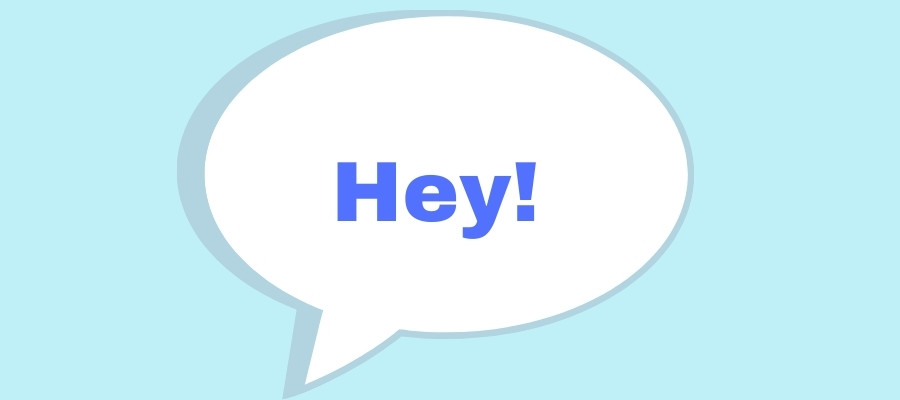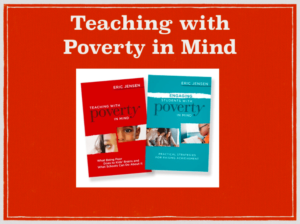Self-esteem drives school performance
 I want to share a story of how the role of self-esteem was so apparent when I went out to a rural district recently to evaluate a bilingual pre-Kindergarten student. He spent a solid 100 minutes with me working hard and doing great work. He clearly had an impairment in the areas of speech production and expressive language but he worked hard and got his point across. His receptive language skills were fully intact.
I want to share a story of how the role of self-esteem was so apparent when I went out to a rural district recently to evaluate a bilingual pre-Kindergarten student. He spent a solid 100 minutes with me working hard and doing great work. He clearly had an impairment in the areas of speech production and expressive language but he worked hard and got his point across. His receptive language skills were fully intact.
After our evaluation session I walked him back to his class and his classmates were all lining up to get ready to go home after their morning class. When I neared his teacher I said, “He worked really hard today and did a great job.”
She responded by saying, “He doesn’t know anything.” She said it in a loud voice in front of him and all of his peers. “He doesn’t know anything.”
Imagine for a moment how that student must have felt hearing that. His head dropped, his shoulders slumped. His self-esteem took a big hit.
Wow. I was taken aback. My goal at that point was to mitigate the damages and I told the teacher I would come back and talk to her after her students had gone home. I then walked up to my student, kneeled down to be eye-to-eye with him and said, “YOU did a great job today. Thank you for showing me all of the awesome things you know. Thank you for sharing stories with me. I had fun.” I gave him a high five and went on my way to share my concerns with the school counselor.
Self-esteem and the impact of the teacher-student relationship
Now, I want to share some important research with you. In Eric Jenson’s (2009) book Teaching with Poverty in Mind, he summarizes some great research studies that explore self-esteem and the impact of the teacher-student relationship.
One study found that self-esteem and school engagement were among the most important factors keeping kids in school (Finn & Achilles, 1999).
So that brings us to the question… what builds self-esteem?
Jenson writes, “…teacher beliefs and assumptions play a big part in the outcome, especially for students subjected to low expectations.
 Another studied shared,
Another studied shared,
“When educators believe students are competent, students tend to perform better; conversely, when educators believe students have deficits, students tend to peform more poorly.” (Johns, Schmader & Martens, 2005)
There is evidence that students of teachers who have high expectations for them and develop strong relationships with them are more optimistic about their academics, earn higher GPAs, experience better peer relationships, and are more likely to give emotional support to classmates and friends.
As educators, our words matter.

Give them a high five.
Tell them they did a great job.
Encourage them.
Students, YOU CAN DO THIS!
And educators, you can do this too.
Here’s a link to Rick Lavoie’s 20 Tips to Build Self-Esteem
Click here for a course on Effective Educational Strategies That Take Poverty into Consideration



 Another studied shared,
Another studied shared,


A thousand thanks for this message. This is critical across the spectrum of ability. High expectations and ambitious goals/instruction for all students including those with significant disabilities is the only way to give our students the opportunity to meet their potential. When we lower our expectations, we fail to provide rigorous instruction which limits students’ growth with incorrectly reinforces our assumptions.
High expectations and ambitious instruction for all!
Well said, Lisa!
Shocked but NOT surprised. After working in schools for so many years, I would get so frustrated to see teachers berate students, especially in front of other students. It is so important to advocate for our student . I always took the view that the students on my caseload were a collective boss, and I worked for them and nobody else. Thanks for sharing this Ellen. I hope others do as well. There should be consequences for teachers like that.
De acuerdo, Kai.